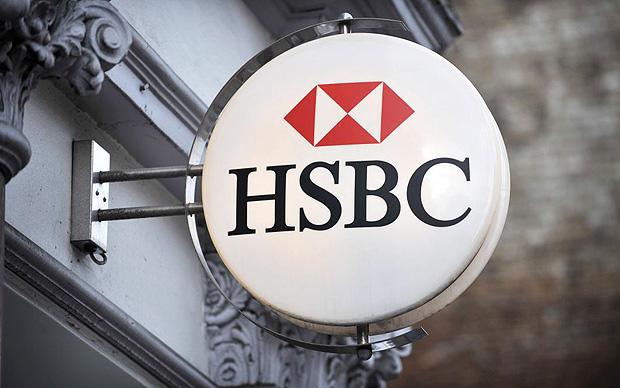Two of the largest international banks HSBC and Bank of America Merrill Lynch in collaboration with the Infocomm Development Authority of Singapore, have successfully demonstrated the utilization of the blockchain technology in setting Letters of Credit transactions.
Typically handled in the industry of trade finance, Letter of Credit is a letter provided by a bank or a financial institution to guarantee that the seller will receive a payment from the buyer exactly on time for a specified amount. If the buyer ever fails to deliver the payment by the agreed period, the bank is required to fulfil the responsibility of the buyer and pay the rest of the amount written on the contract.
On August 11, HSBC and Bank of America successfully implemented the blockchain technology in the settlement of Letter of Credit (LC) transaction, demonstrating that autonomously handled contractual agreements in the trade finance industry can reduce nearly 50% of banks’ costs.
The development team of two banks leveraged the Linux Foundation’s open source Hyperledger software to develop an open smart contract-based network, which enabled parties involved in LC transactions to create digital contracts which automatically processed payments and contracts without the presence of the bank nor other external mediators.
“Letters of Credit are an important part of the trade system, but they are based on 20th century technology, not 21st. Our challenge is to take this from concept to commercial use; making it quicker and easier for businesses to connect with new suppliers and customers at home and abroad,” said HSBC global head of product for HSBC’s trade finance business Vivek Ramachandran.
The two banks are also part of the R3 consortium an association of the world’s leading banks focused on the development of blockchain technology-based platforms. The R3 consortium also announced their projects on trade finance on August 10, claiming the successful development of the Corda platform and trade finance-related technologies.
“Trade financing is a crucial income stream for banks and provides an integral role in enabling businesses in different countries to trade with each other with certainty and peace of mind. However, the processes used to facilitate trade financing have become antiquated and unfit for purpose in today’s increasingly digital world. These trials have proved that the blockchain-inspired technology used on our Corda platform holds the key to transforming trade financing for modern financial markets,” noted R3 CEO David Rutter.
Although it is difficult to measure the actual applicability of this technology, the world’s major banks are claiming that the blockchain technology is demonstrating a significant potential in the trade finance industry.
Image Source
